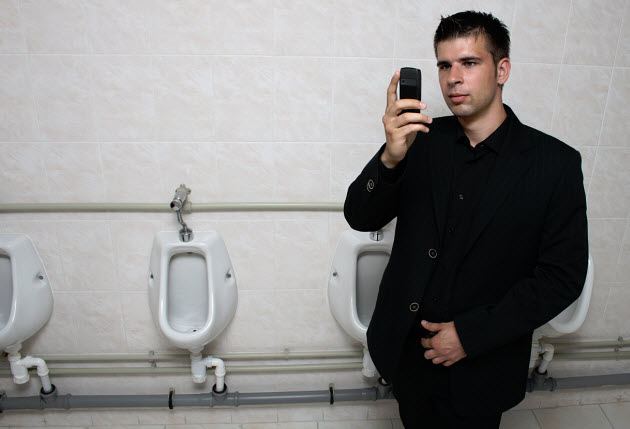Nextbit has developed a new service that enables Android users to store and sync all of their mobile data online.
What makes this particular mobile technology unique is that it also allows users to store and sync the state of the actual apps, which means that if a user was working on a photo that was only half edited or they were in the middle of game, they can pick up right where they left off when switching from a smartphone to a tablet or vice-versa.
Users can instantly move a project, task or game to a device that is nearby.
The service that has been developed by the startup, which is comprised of a team of people who come from Google, Apple, Amazon and Dropbox, is called “Baton”. The service from Nextbit is also equipped with a feature known as “Pass”. This lets users instantly switch whatever app they are working with to a nearby device, waking the device from sleep mode and immediately launching the app on it at the same state, right where a user left off.
In other words, Baton is a system-level service that essentially gives Android users the ability to hit “pause” on any app they are using and send the app in this paused state to another device where the user can then resume whatever they were doing before making the switch.
Mike Chan, former Google alumni and the co-found and CTO of Nextbit said “We live in a multi-device world, and yet it’s still too cumbersome to switch between our devices.” He added that they have “taken the cloud and deeply integrated it into the Android operating system itself to provide a seamless experience between your phone and your tablet without any effort from developers.” Chan explained the service during a recent demo the company gave at the Code/Mobile conference in California.
The mobile technology does not require app developers to do anything for it to work.
Baton is not unlike Apple’s Handoff feature that has been included in the company’s most recent desktop and mobile operating systems, which allows users to switch tasks between their different iOS devices. However, the major downside with Handoff is it requires app developers to add it into their applications, which not all developers have done. Therefore, it doesn’t always work.
Nextbit, on the other hand, does not require developers to support its mobile technology or even know that it is there. Baton has been designed to remove the steps of finding the app and the proper files when the user switches their task between devices.


